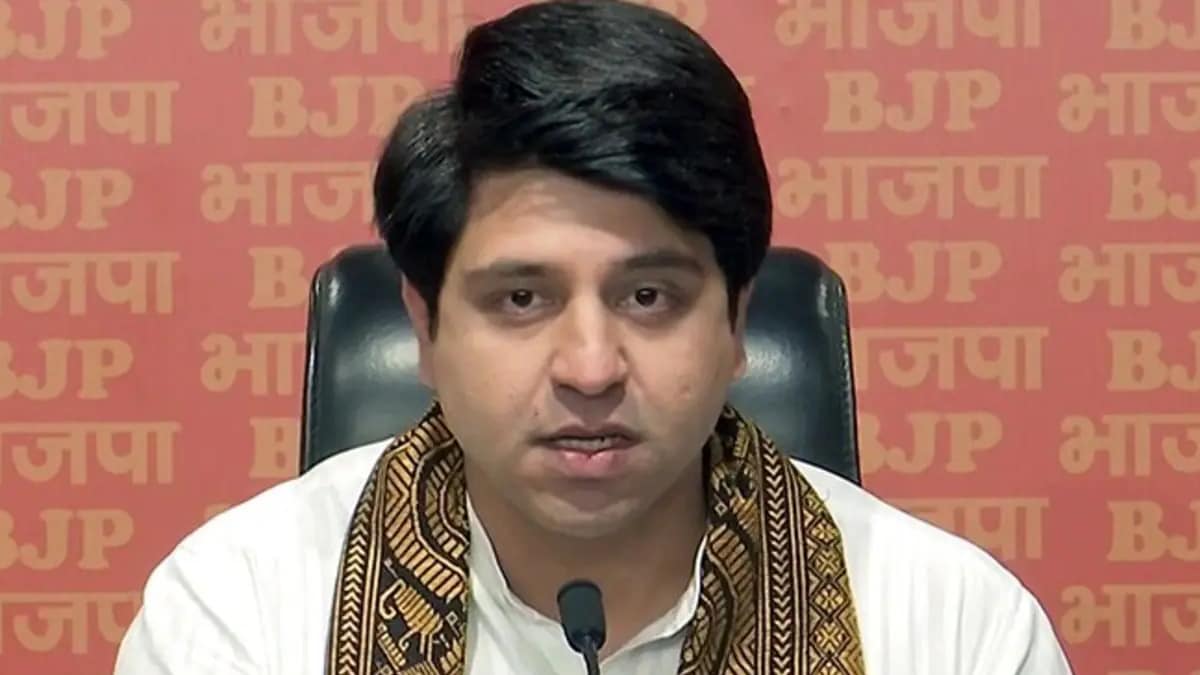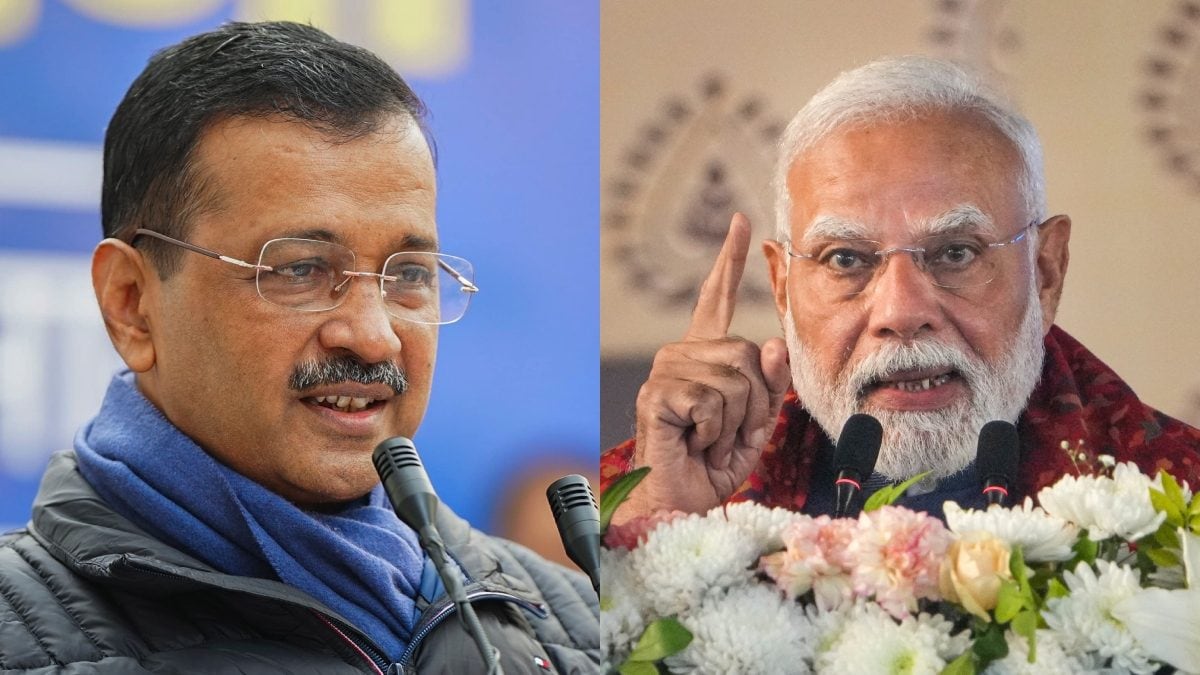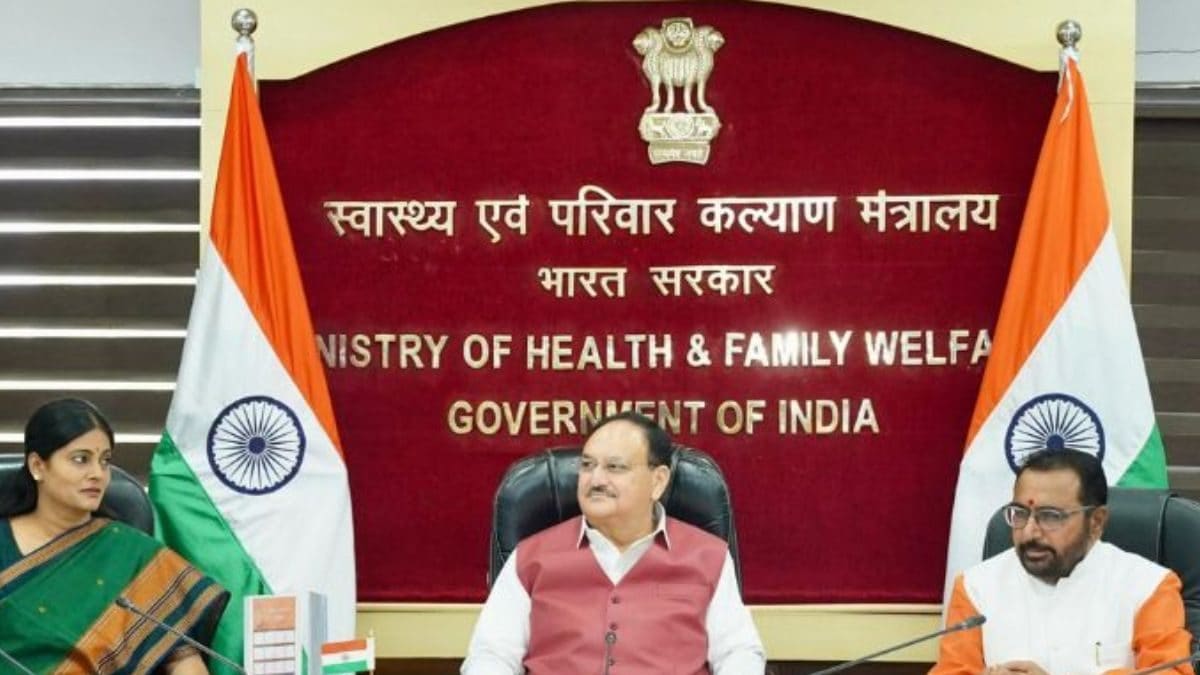Last Updated:January 16, 2025, 09:57 IST
The caste census was initiated by Siddaramaiah in 2015 during his first stint as chief minister but was shelved by subsequent administrations

The Siddaramaiah cabinet also appears divided over the caste census issue, with ministers from both the Lingayat and Vokkaliga communities openly opposing the report. (PTI)
Karnataka, for the fifth time in less than a year, has decided to postpone a cabinet decision on discussing the caste census report.
The cabinet was scheduled to discuss the socio-economic and educational survey report to determine the backwardness of various communities on Thursday as announced by Karnataka Chief Minister Siddaramaiah. However, soon after the inauguration of the new Congress party office in New Delhi, Siddaramaiah told reporters that the cabinet will not be discussing the report as announced earlier.
Party sources gave News18 multiple reasons behind the move on Thursday. One minister said the advice for advancement came from AICC general secretary Randeep Singh Surjewala, while another leader attributed it to pressure from leaders of major caste groups i.e. Lingayats and Vokkaligas. The leaders of these two communities have been threatening to agitate for quite some time.
“It will be tabled at the right time. The BJP is trying to look for an issue to agitate as they are unable to keep their house in order. They should have released it when they were in power. Why didn’t they?" asked a senior Congress leader.
The loss in Haryana elections as well as the by-elections that Karnataka saw later in November also contributed to the decision to push the issue on the backburner.
The move has triggered a war of words in the state, with the BJP accusing Siddaramaiah of using the caste census as a convenient tactic whenever he or his party face political challenges or to deflect from real problems, which include providing funds to support the government’s guarantees.
BJP’s Leader of Opposition in the legislative council, Chalavadi Narayanswamy, termed the delay “deflection tactics". “They only believe in appeasement politics and when it comes down to the brass-tacks, they don’t act upon it."
The BJP had earlier called the Congress’s promise to table and implement the controversial report as yet another “guarantee gimmick" like their election promises, which they claimed to deliver but failed to follow through. The party had also accused the Congress of using the cate census as an issue to deflect from the MUDA and Valmiki controversies that had put the government in a spot at that time.
TRACING THE ROOTS
The caste census was initiated by Siddaramaiah in 2015 during his first stint as chief minister but was shelved by subsequent administrations.
Although the issue resurfaced periodically, the Congress later criticised the 2015 caste data as “unscientific" and directed the backward classes commission to rely on data collected by the H Kantharaj Commission to prepare a fresh report at a cost of around Rs 169 crore.
Though the report was ready by 2016, it was shelved by successive governments.
In 2020, the BJP government appointed Jayaprakash Hegde as the new commission chief, but the findings remained unpublished. However, they were finally submitted in a sealed envelope by Hegde to the Siddaramaiah-led government on February 29, 2024. Hegde, while submitting the report, had stated that it had recommendations on reservations in education and public employment along with targeted measures to uplift backward communities.
As the Lok Sabha elections were on the anvil, it was decided that no decision would be taken on the report until, at least, July.
FISSURES IN CONGRESS?
The Siddaramaiah cabinet also appears divided over the caste census issue, with ministers from both the Lingayat and Vokkaliga communities openly opposing the report through petitions submitted by their respective organisations.
Deputy chief minister DK Shivakumar, along with several Vokkaliga ministers, signed a petition against the findings in November last year, reflecting clear internal differences within the ruling Congress. The All India Veerashaiva Mahasabha, representing the Lingayat community, also called for a fresh survey, arguing that the current one — which reportedly shows Dalits as the largest group — challenges Karnataka’s demographic perceptions.
Minister Priyank Kharge clarified that the report is a socio-economic survey, not a caste census. “It is not a caste census; it is a socio-economic survey… we will know more once the report is tabled and when we take a look at the methodology," he said.
Adding to the discord, the Veerashaiva-Lingayat community reiterated its disapproval last week by urging the government to scrap the existing report and conduct a fresh survey. State industries minister MB Patil, a prominent Veerashaiva-Lingayat leader and a Siddaramaiah loyalist, has also voiced opposition to the census.
On January 12, Shivakumar asked Vokkaliga Sangha officials to postpone the meeting on caste census “as it would create unnecessary confusion". It was soon after this advisory that the announcement of discussion on a later date followed.
DEEPENING FAULT-LINES
The Congress had made the caste census report a part of their party’s promises during the 2023 assembly election campaign. Similar caste surveys in states like Bihar and Rahul Gandhi’s call for a nationwide caste census have further complicated Siddaramaiah’s position.
Karnataka, with a population exceeding seven crore, comprises nearly 1,500 castes, sub-castes, and various social groups. The Lingayats and Vokkaligas are the two most influential communities in the state. Lingayats claim to constitute 17-18 per cent of the population, while Vokkaligas estimate their share at 14-15 per cent.
However, both communities have opposed the caste census as leaked data suggests their actual numbers may be significantly lower. Leaders feel the numbers of the Lingayats and Vokkaligas are very different and it may tilt the political structure.
Experts say the leaked figures indicate both groups make up less than 10 per cent of the population, sparking concerns about their eligibility for social and welfare schemes. Both the Lingayats and Vokkaligas wield considerable political and economic influence in Karnataka.
Siddaramaiah, widely seen as the most prominent AHINDA leader in the state, belongs to the Kuruba community — a shepherd caste listed under the 2A category of Karnataka’s Other Backward Classes (OBC). BJP veteran BS Yediyurappa is a prominent Lingayat leader, while Union minister HD Kumaraswamy and his father — former prime minister HD Deve Gowda — as well as deputy CM Shivakumar are key representatives of the Vokkaliga community.
The Kuruba community has long been demanding inclusion in the Scheduled Tribes (ST) list. The Lingayats, one of Karnataka’s largest caste groups, are classified under the 3B OBC category, with 5 per cent reservation. The Panchamasalis, a prominent Lingayat sub-sect, have been pushing for inclusion in the more beneficial 2A category.
Location : First Published:January 16, 2025, 09:57 IST
News politics Lingayat-Vokkaliga Pressure, Surjewala’s Advice: Why Congress Is Dragging Its Feet On Caste Census

 2 days ago
2 days ago














